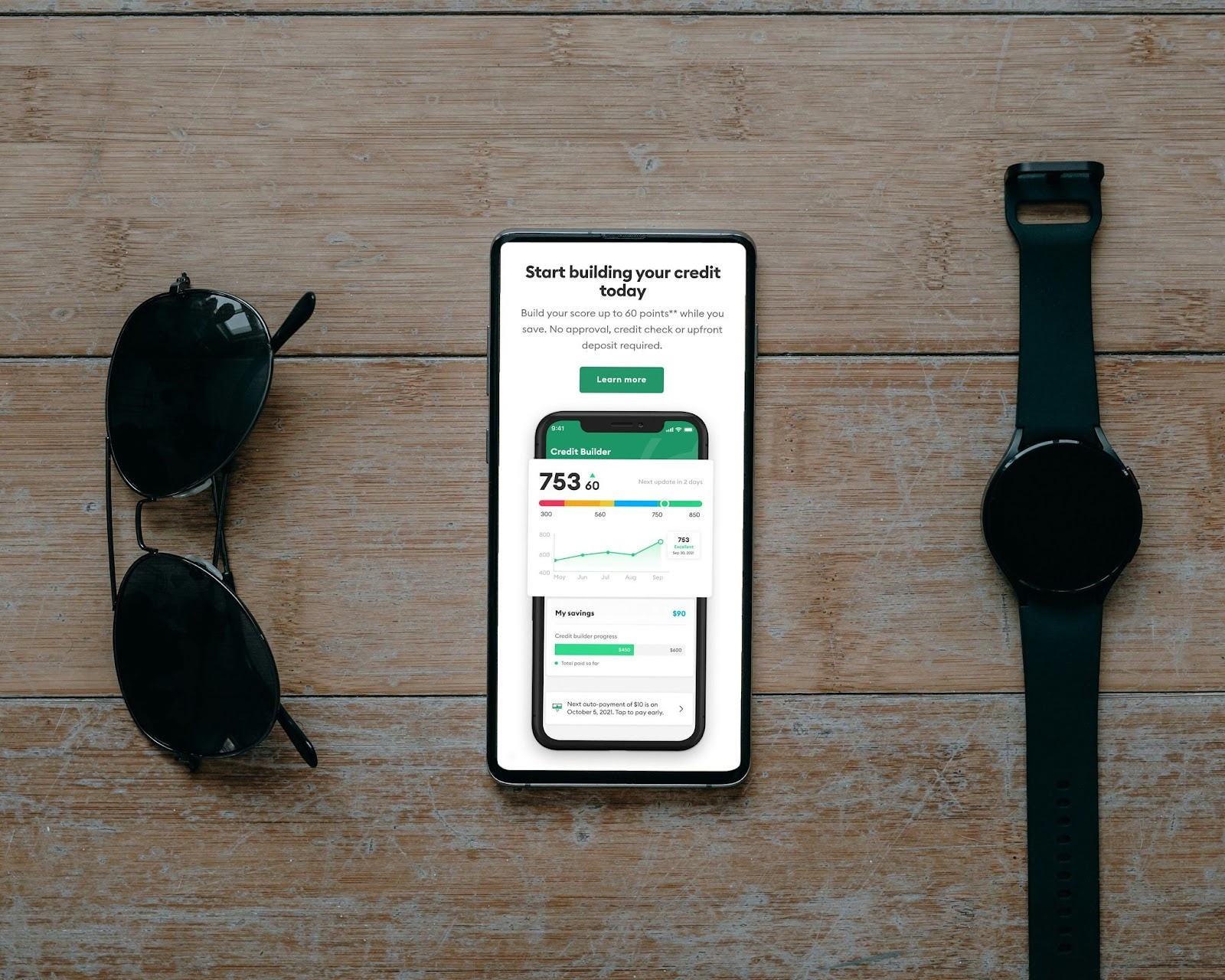uying a house in your 20s isn’t just a financial move--it’s a decision that shapes your lifestyle, goals, and daily responsibilities. Before you start saving or scrolling through listings, you need to understand why you want to own a home in the first place. Your motivation will determine the type of property you buy, how you finance it, and the level of risk you’re willing to take.
Ask yourself what homeownership represents for you. Is it independence, stability, a long-term investment, or a way to generate income through renting or flipping? There isn’t a wrong answer, but being honest about your intentions will make every other decision clearer. Someone looking for a long-term home will approach budgeting, loan options, and location differently from someone planning to renovate and sell for profit.
Understanding your “why” helps guide your “how.” Once you define what you want out of the purchase, the rest of the process (budgeting, credit building, saving, and choosing a loan) becomes more strategic and less overwhelming.
In this guide, we’ll cover:
- How to get real about your finances and build a budget that works
- Ways to strengthen and maintain your credit score
- The most common first-time buyer loan options
- How to find your realistic price range and ideal location
- What hidden costs to prepare for
- How to work with the right professionals and stay patient through setbacks
- Why buying early can help build future wealth
Manage your finances
Before you think about open houses or mortgage rates, take a clear look at your finances. Homeownership starts with understanding where your money goes each month. Start by listing all sources of income, then subtract your fixed expenses like rent, bills, and subscriptions. What’s left is your discretionary income, which is the amount that can realistically go toward savings or debt reduction. Using budgeting tools or apps can make this process simpler and more transparent.

Next, focus on managing your debt. Lenders look closely at your debt-to-income ratio when deciding if you qualify for a mortgage. Paying down high-interest credit cards or personal loans not only improves your credit score but also gives you more financial breathing room. Even small, consistent payments make a difference over time.
Once your debt is under control, establish a savings goal for your down payment. Most lenders require anywhere from 3% to 20% of the home’s price upfront, depending on the type of loan you choose. This number might feel daunting, but breaking it down into monthly or weekly goals makes it more achievable. Consider opening a high-yield savings account or using automatic transfers to stay consistent.
Pro Tip: Even if you can only save $100 a month, consistency matters more than the amount.
Improve your credit scores
Your credit score is one of the most important factors in buying a home. It determines whether you qualify for a mortgage and how much you’ll pay in interest. A higher score can save you thousands of dollars over the life of a loan, while a low score can limit your options or lead to higher monthly payments.

Start by understanding how your score is calculated. Payment history, credit utilization, length of credit history, and the mix of accounts all play a role. The simplest way to improve your score is to pay every bill on time, every month. Missed or late payments have a major impact. Keep your credit utilization—the percentage of credit you’re using compared to your limit—below 30%. If possible, pay off balances in full each month to avoid interest.
Avoid opening multiple new accounts at once, as each hard inquiry can temporarily lower your score. Instead, focus on maintaining your existing accounts responsibly. Many free credit monitoring tools can help you track changes and catch errors early.
Quick reminders:
- Check your credit score regularly
- Pay bills on time and in full
- Keep old accounts open
- Reduce outstanding balances
- Avoid unnecessary credit inquiries
Research loan options for first-time buyers
Understanding your loan options is one of the most important steps in the home-buying process. The type of mortgage you choose affects your monthly payment, interest rate, and how much you need upfront. As a first-time buyer, you have access to several programs designed to make homeownership more accessible—even if your credit or savings aren’t perfect.
FHA loans are one of the most common choices for young buyers. They require a minimum down payment of 3.5% and are more flexible with credit scores. Conventional loans tend to offer lower interest rates for those with strong credit and steady income but may require higher down payments. VA loans support veterans and active-duty service members with no down payment required.

Before shopping for homes, get familiar with pre-approval and pre-qualification. Pre-qualification gives you an estimate of what you might borrow, while pre-approval involves a deeper look at your finances and gives you a concrete amount. Pre-approval strengthens your position when making an offer and shows sellers you’re serious.
You should also explore down payment assistance programs and first-time homebuyer grants offered by your state or city. These programs can help cover closing costs or reduce the amount you need to save upfront.
Find a comfortable price range
Before you start browsing listings, you need to know what you can actually afford. A realistic price range keeps you from wasting time on homes that fall outside your budget and helps you make confident decisions when the right property appears.
A good starting point is the 28/36 rule. It suggests that no more than 28% of your gross monthly income should go toward housing costs: mortgage, taxes, and insurance, and no more than 36% should cover all your debt combined. Following this guideline ensures that you can handle your payments comfortably without sacrificing savings or essentials.
Getting pre-approved by a lender can also clarify your buying power. This process reviews your credit, income, and existing debts to determine the loan amount you qualify for. However, being approved for a certain number doesn’t mean you should spend it all. Be realistic about additional expenses such as maintenance, utilities, and unexpected repairs.
When calculating affordability, don’t forget to include property taxes, homeowner’s insurance, and closing costs. These recurring and one-time expenses often catch first-time buyers off guard.
Choose the right location
Finding the right home isn’t only about price, but it’s about where you want to live and how that choice fits your lifestyle. The neighborhood you choose will affect your commute, safety, job opportunities, and even the property’s long-term value.

Start by looking at practical factors. Consider proximity to work or school, public transportation, grocery stores, and healthcare. Research local crime rates, school districts, and community amenities. If you work remotely, prioritize areas with reliable internet and good local infrastructure. Beyond the basics, think about what kind of environment suits you: a quiet suburb, a walkable downtown, or an up-and-coming neighborhood with room for growth. It’s also worth looking at long-term trends. Cities or neighborhoods that are growing in population, attracting new businesses, or improving infrastructure tend to offer better investment potential. Buying in an emerging area can give you more value for your money and stronger equity growth over time.
Building a strong community is imperative to a successful home life. You will have to adapt no matter where you go.
Watch out for the Hidden Expenses

When planning to buy a home, most people focus on the down payment—but that’s only part of the picture. There are several hidden costs that can add up quickly, and being prepared for them prevents last-minute surprises.
Expect to pay closing costs, which usually depends on the home’s purchase price. These cover fees for the lender, title company, appraisal, and more. You’ll also need to budget for a home inspection and appraisal, both of which are essential to confirm that the property is worth what you’re paying. Don’t forget about property taxes, homeowners insurance, and ongoing maintenance. A good rule of thumb is to set aside around 1% of your home’s value each year for repairs and upkeep. Even small expenses like lawn care, pest control, and utilities can add up over time. To stay organized, consider creating a separate “Home Fund” savings account specifically for these costs. Automate small, consistent contributions so you’re ready when expenses arise.
Talk to professionals

Buying a home is a complex process, and having the right professionals on your side can make it far less stressful. Each expert plays a specific role, helping you avoid mistakes and make informed decisions.
- A real estate agent guides you through finding, evaluating, and negotiating on homes. Look for someone who understands your goals, communicates clearly, and has experience working with first-time buyers. Since the seller typically pays the agent’s commission, using a buyer’s agent is usually free for you.
- A mortgage broker or lender helps you compare loan options and secure the best possible rate. They can explain different loan types, pre-approval requirements, and payment plans. Once you’ve found a property, you’ll also work with a home inspector to ensure the house is in good condition before closing. Skipping this step can lead to expensive surprises later.
Before committing to anyone, read reviews, ask for referrals, and interview a few candidates. You want professionals who are transparent, responsive, and genuinely invested in your success.
Equity and future wealth
Buying a home is about building long-term financial stability. Every mortgage payment you make increases your equity, or the portion of the home you truly own. Over time, as property values rise and your loan balance decreases, that equity becomes a powerful financial asset. Homeownership can open doors to new opportunities. Many people use their property to generate rental income through house-hacking, renting out a spare room or separate unit, or by converting the home into a full-time rental later on. Others take advantage of refinancing when interest rates drop, freeing up money for renovations or new investments.
The key is to think beyond the purchase itself. A home can appreciate in value, provide tax benefits, and serve as a foundation for future wealth if managed wisely. Focus on maintaining your property, making smart improvements, and planning for the long term.















